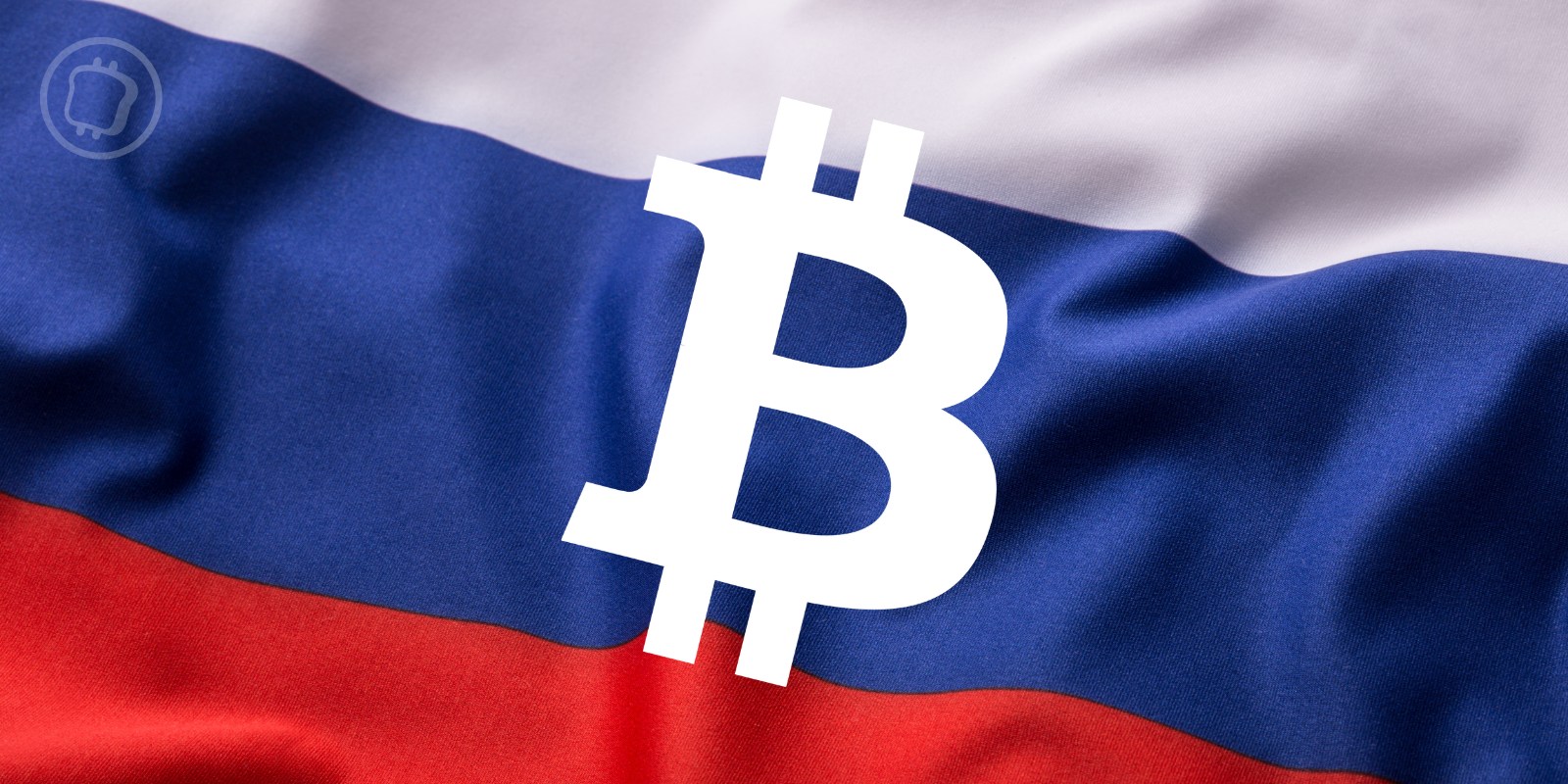Darf ich mal lecken? Ich halte auch das Eis“, ruft Kotzi. Die Frau mit dem Eis in der Waffel dreht sich zu ihm um, lächelt verlegen und geht kopfschüttelnd weiter. Kotzi heißt eigentlich anders, Punks legen ihre bürgerlichen Namen ab. Seinen Spitznamen bekam er, weil er sich einmal in der Wohnung eines Bekannten übergeben musste.
Jetzt sitzt Kotzi mit neun anderen Punks in einer Sylter Fußgängerzone mit etwas Abstand vor einem McDonalds. Vor einer Woche kam er mit einigen Freunden von Berlin auf die Insel. Kotzi ist 26 Jahre alt. Seine blonden Haare hat er an der Seite abrasiert. Er trägt dunklen Lidschatten, schwarze Springerstiefel, eine zerrissene Hose. In der Hand: eine Flasche Grafensteiner Pils, Netto-Eigenmarke. „Wir sind hier, um zu zeigen, dass wir zwar sehr asozial aussehen, aber freundlich sind“, sagt Kotzi.
Die Punks ziehen bereits das dritte Jahr in Folge nach Sylt, bekannt als die Insel der Reichen und Schönen. Im April startete die Initiative „Aktion Sylt“ einen Aufruf für ein Protestcamp vom 22. Juli bis zum 1. September. „Gemeinsam für ein Umdenken in der Sozial- und Klimapolitik“, hieß es darin. „Lasst uns dafür sorgen, dass den Bonzen auch der letzte Kaviar vom Löffel rutscht.“
Ein weiterer Aufruf kam von der Anarchistischen Pogo-Partei Deutschlands. Die Satirepartei rief die „Chaostage Sylt 2024“ aus. Begonnen hatte alles 2022 mit der Einführung des 9-Euro-Tickets. Die „Bild“-Zeitung schrieb von der vermeintlichen Angst der Sylter vor einem drohenden „Billig-Tourismus“. Viele Punks dachten sich daraufhin: Jetzt erst recht. Und mehr als hundert kamen.
„Haben Sie vielleicht Geld für Deo und Seife?“
Sie trinken Bier, hören Musik und schnorren. Vor Kotzis Gruppe stehen mehrere Becher mit Kleingeld. An jedem liegt ein Pappschild. Gönner können sich entscheiden, in was sie investieren möchten. Eine Frau mit Sonnenbrille steht vor der schwierigen Entscheidung. „Lecker Bierchen“ finde sie gut, sagt sie und wirft etwas Kleingeld in den Becher. Zur Auswahl stehen ansonsten noch „für Dusche“, „für eigenen Benz“ und „für HIV-Tests“.
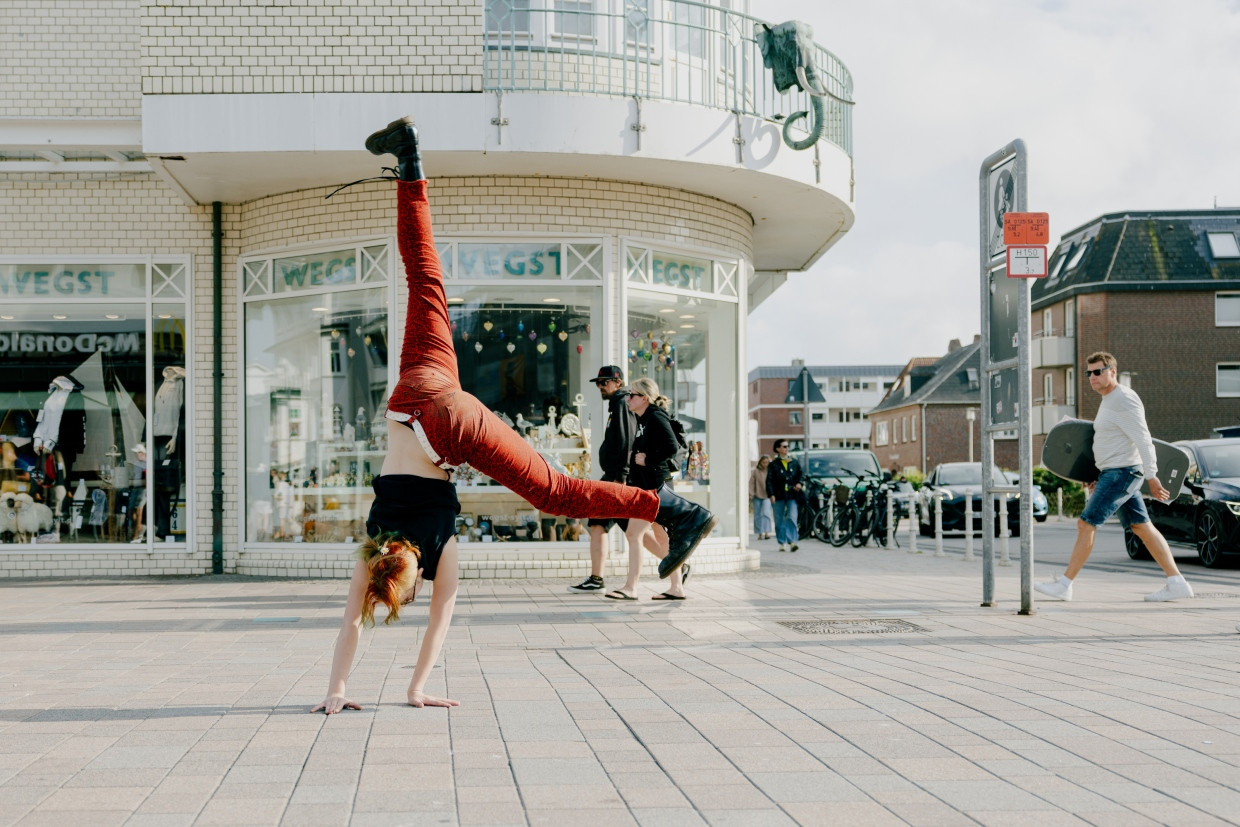
Contact with people is important to them. “Do you have any money for deodorant and soap?” a punk with cat-eye makeup calls out to a woman, but she keeps walking. “We have a lot of sayings,” says Kotzi. They keep a tally of how often someone says “Go to work!” or “No money with you.”
Five years ago, he decided not to work anymore, says Kotzi. “It doesn't make sense.” He dropped out of school and several apprenticeships. In construction, he built luxury apartments in Berlin for a measly apprenticeship salary. “I hate this sold-out city. They come here because it's hip and alternative, and then they destroy everything.”
But that doesn't mean that he doesn't work at all. He is involved in many social areas, aid organizations and schools. His everyday life on Sylt: getting up, collecting deposits, shopping for the camp.
“Chaos days” look different. On this Friday afternoon, there are no burning cars and no broken windows to be seen. Tourists in down vests, polo shirts and Bermuda shorts stroll along Friedrichstrasse in the sunshine towards the beach promenade.
Accordion music blares from the Kölsch pub “De Kök”. People are having fun with beer and wine. The punks with colorful hairstyles, piercings and torn clothes stand out from the crowd of tourists.
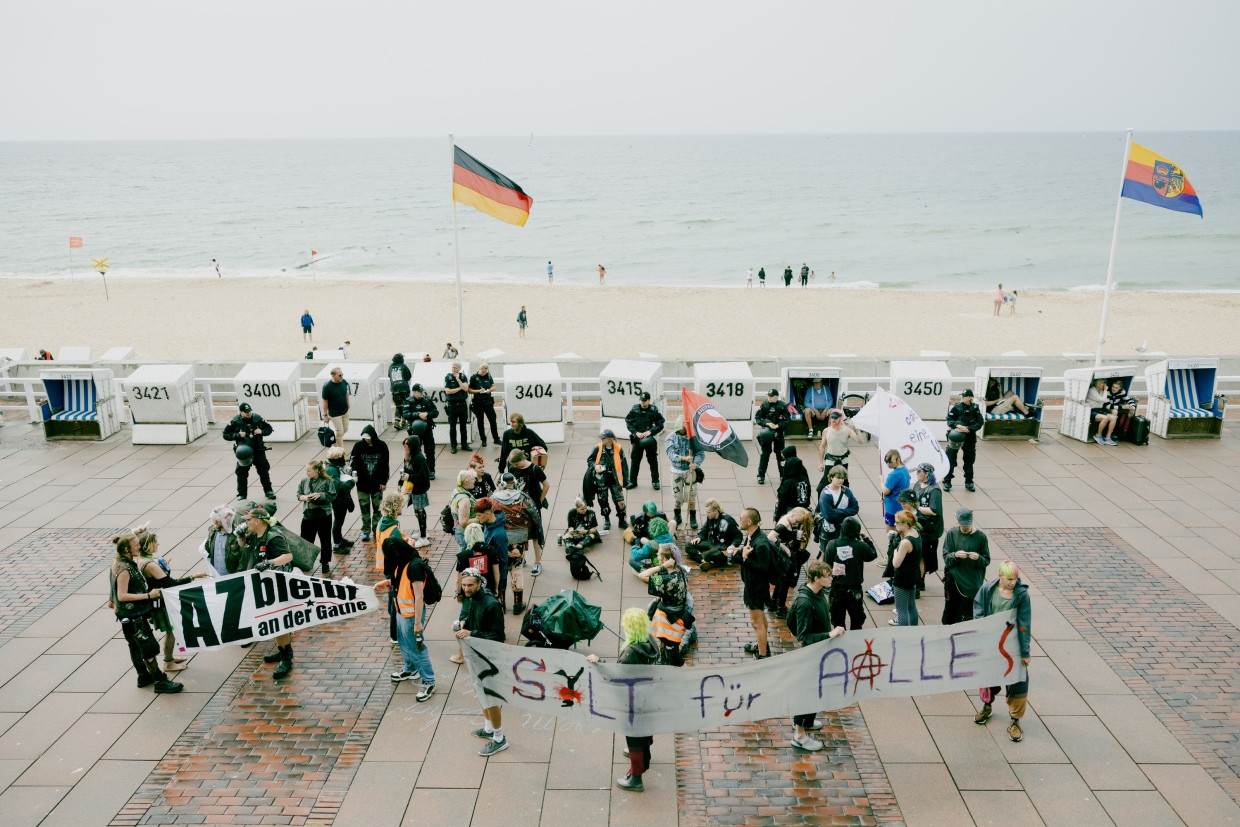
Caterpillar, Scherbe and Faulenza are waiting at Westerland station for their friends to arrive. They are sitting on a bench on the platform, with a crate of beer in a shopping cart. “I like you,” says a departing tourist, puts his suitcase to one side and asks for a photo. The punks take him into the middle. Faulenza puts her arm around the man. The tourist thanks them for the photo with a ten-euro note.
“Westerland now has the vibe of a street music festival, lots of people think that's really cool,” says Scherbe. After the racist “foreigners out” chants in the “Pony” club in Kampen in the spring, there are also some who are happy about the punks. “They want someone to do something about the Nazi crap,” says Raupe, who has dyed his dark curls red at the tips.
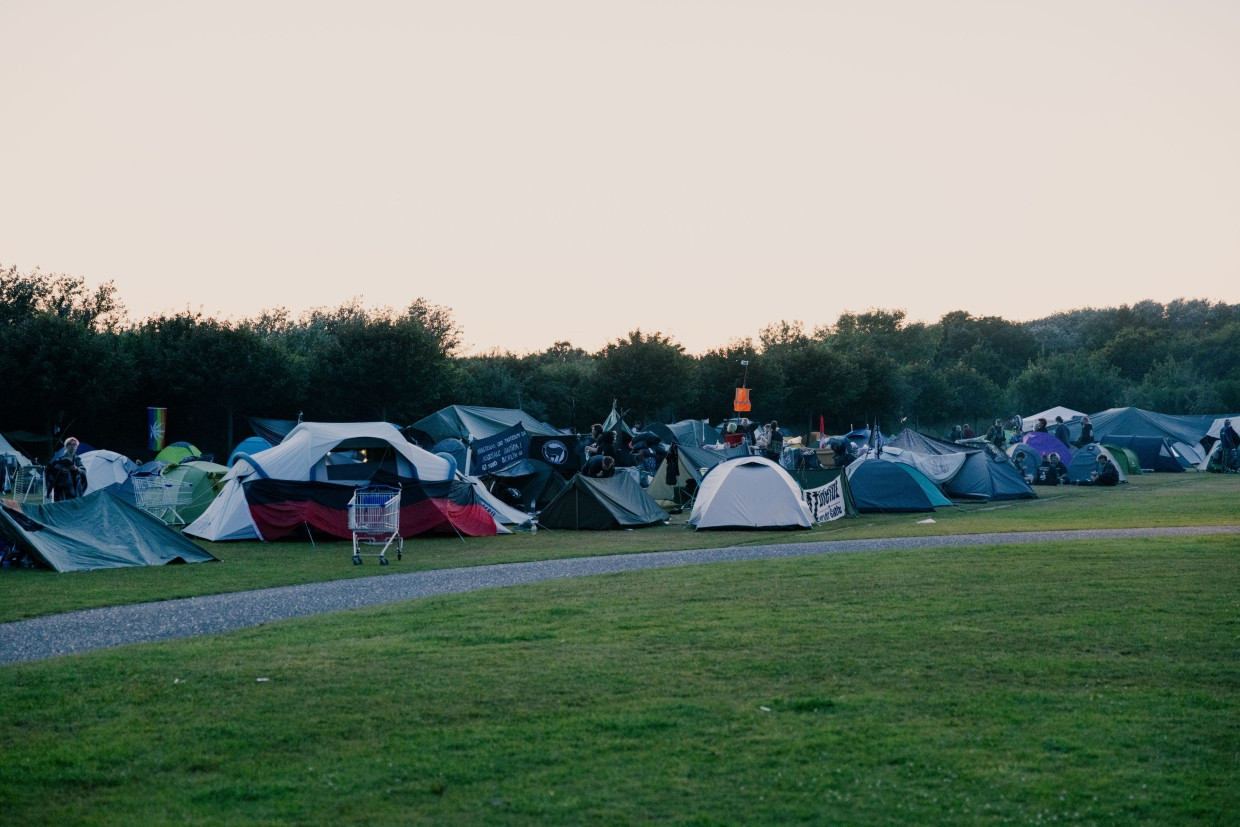
However, some islanders feel disturbed by the punks' protest camp. In 2022, they came to the island spontaneously, celebrated, drank and slept on the lawn in front of the town hall square and in front of the Nicolai Church. Residents complained about insults, noise and people urinating in public, and business owners complained about loss of profits. How should the municipality of Sylt deal with this?
According to the “Sylter Rundschau”, a sculpture exhibition was placed on the lawn in front of the town hall in 2023 in a non-public meeting by urgent motion. Critics then said that almost 100,000 euros would be spent to keep the punks out of the town center. Since last year, the protest camp has been taking place on a festival meadow in the Sylt district of Tinnum. It is about a 20-minute walk from Westerland train station.
More than 50 tents have been set up there. Antifa and rainbow flags are flying in the camp. An orange safety vest is hanging from a pole. The punks are talkative. Only one older camp resident reacts a little rudely because of the photographer. “If you can see a face in the pictures, you'll lose your jobs!” He knows a lot about the law.
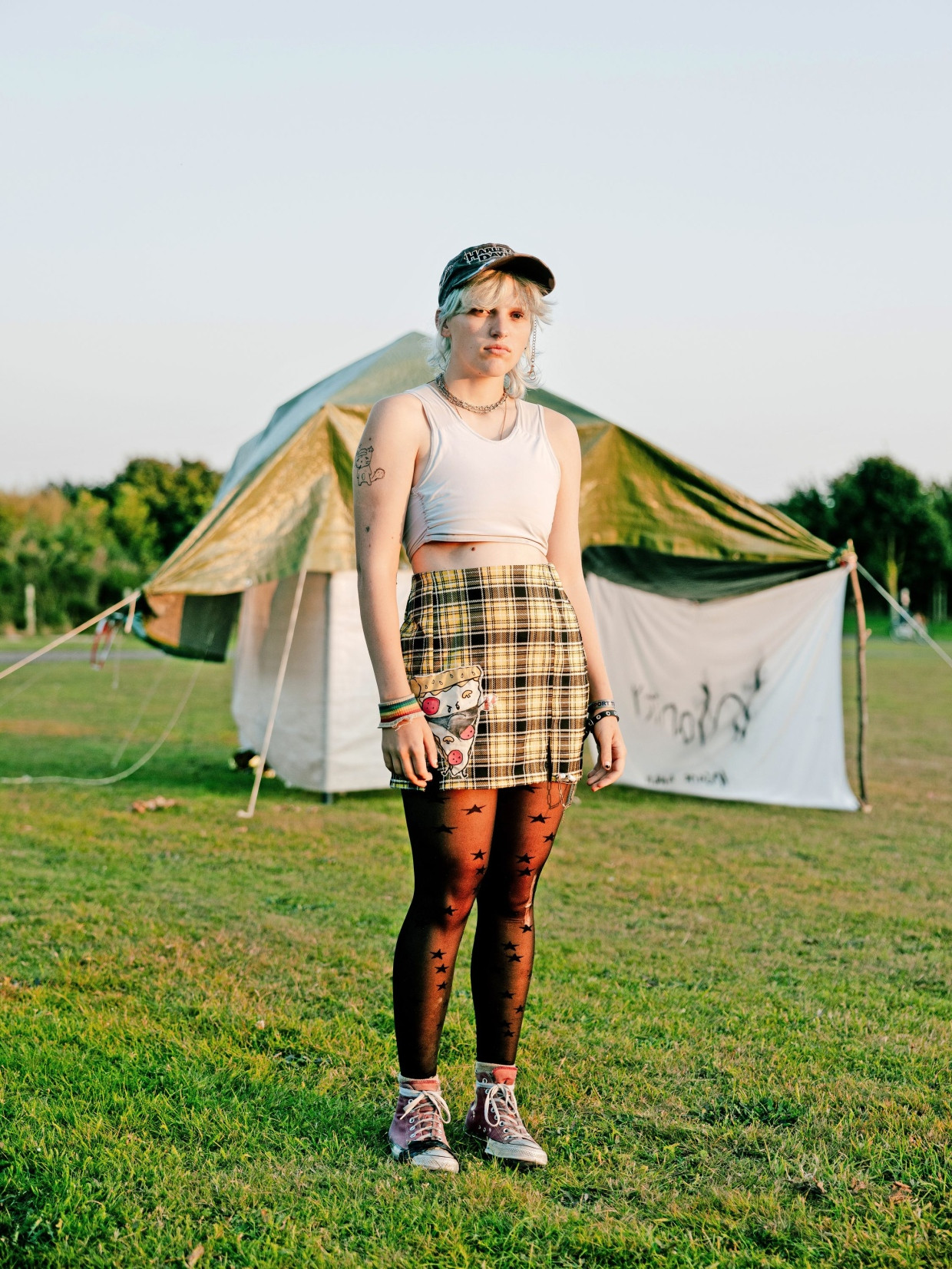
There are full garbage bags and empty beer bottles lying in front of some of the tents. Every morning there is a clean-up, says Elmo: “Many hands make light work.” He has just chased another punk across the meadow, a kind of game of tag. “I think it's cool, it's become a cultural thing now.”
Small concerts take place on a stage made of pallets. There is even sound equipment. “There were no punks here before. Now we are here,” says Elmo happily. Also there is punk Tonne. She is 18 years old. She ran away from her residential group for the first event two years ago. But there was no trouble, she says.
Marvin Bederke, 24, from Frankfurt, is one of the organizers who registered the camp as a political gathering with the North Friesland district. He doesn't look particularly punk: long blonde hair, pink hoodie, blue jeans, rainbow flip-flops. “I may not be a punk in terms of appearance, but I am in terms of my attitude to life,” he says.
He says society is too selfish. He is also worried about climate change. “Watching it all and feeling helpless because you can't do anything about it on your own.” From October onwards, he wants to study law and then take action against injustice in society.
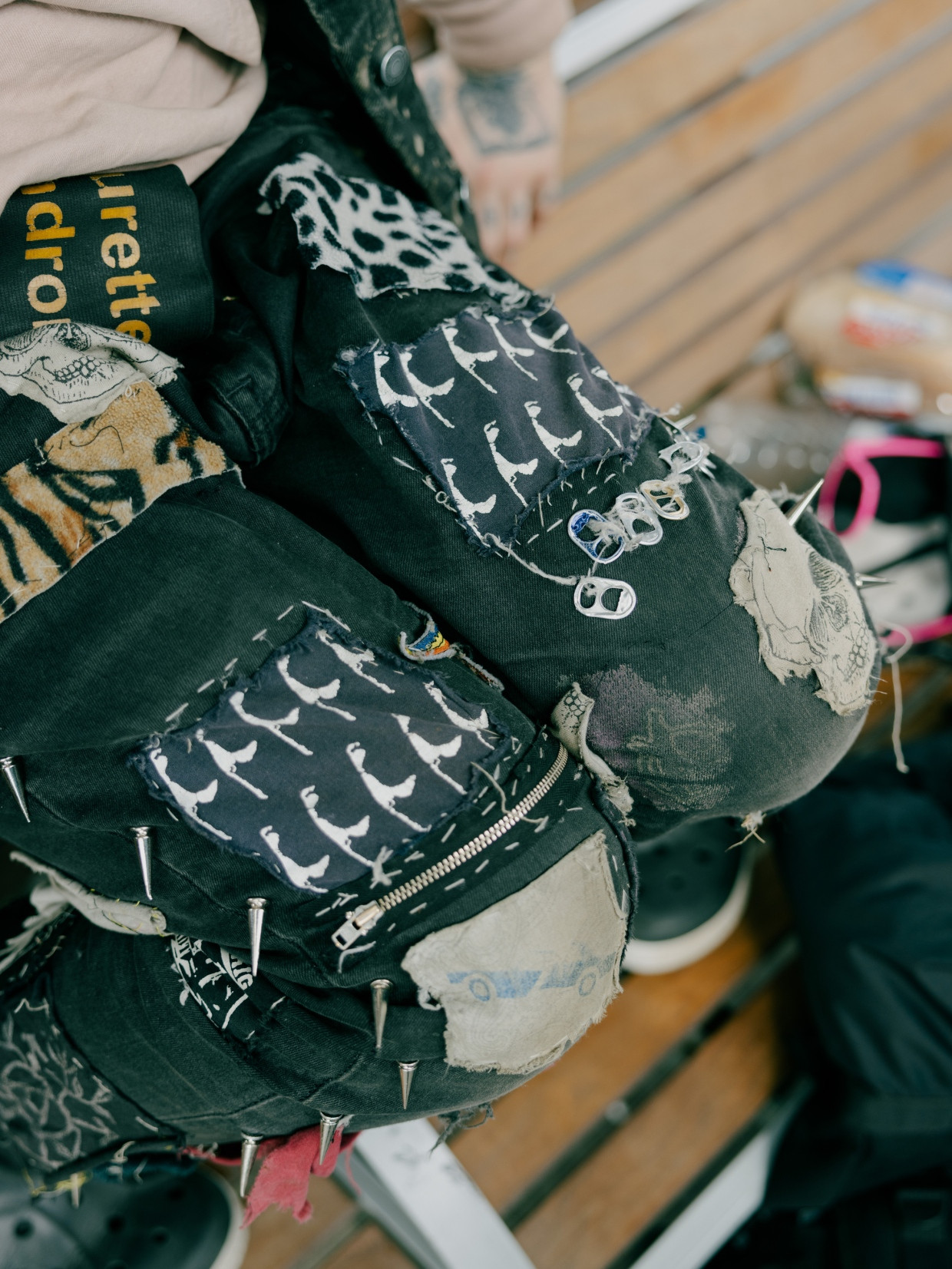
From a bike path, residents and tourists look at the camp with curiosity and suspicion. Some Sylt residents did not want them on the island, says Bederke. There is agitation against them in Facebook groups. In 2022, the punks' protest on Sylt was disorganized, recalls Jonas Hötger. As the meeting leader, he is the first point of contact with the authorities. “The low-income earners just want to cause trouble and noise,” they said at the time. “So we just caused trouble and noise.” In 2023, “Aktion Sylt” took over the organization for the first time. Funds were collected through an appeal for donations.
The protest camp is now well organized and largely accepted by the people of Sylt. “The protest camp is peaceful, as expected,” the municipality confirms. The public order office has not identified any “serious violations” of the regulations. There is “regular and constructive communication” with the organizers. The responsible police department in Flensburg judges the protests to be “mostly peaceful.”
“We don’t want hierarchies here”
The camp has kitchen equipment, mobile toilets, and connections for electricity and water. Public urination is prohibited, says Hötger, who has a Mercedes star dangling from his black vest. “Not just drinking and fighting, but also orderly coexistence.” The protest camp is to continue. Next, “Aktion Sylt” wants to set up an association. Then there will no longer be a need for a single meeting leader. “We don't want hierarchies here,” says Hötger.
At the last meeting, he counted around 130 participants. He expects even more for the rest of the protest camp. It is now evening in the camp. A punk is playing a violin. They are singing: “Obedience to the law is not worth it, my darling.” Then someone calls out across the square: “Plenum at 10 p.m.” A protest march through Westerland is planned for the next day. The punks from the shopping street are also calling it a day. They are slowly making their way back to the camp along Keitumer Landstrasse with shopping carts full of empty bottles.
Morning in Westerland: no punks in sight. Friedrichstrasse is once again in the hands of tourists. Only the chalk drawings by punks on the ground are still there. “Spitting in the soup of SUV drivers” is written in front of the Wilhelmine fountain. The shop owners don't like all this. None of them want to read their own names in the newspaper. They talk about annoyed guests, lack of sales, shouting and provocations. “That's not what Sylt holidaymakers expect,” says one. “It's bad for business.”
The discontent is also directed against politics. People have too little say; the Nordfriesland district will decide whether the protest camp is approved.
Further towards the beach, Ernst Jannsen has been running a tea shop for 25 years. Against gentrification, social injustice and for environmental protection – he shares the punks' demands, explains Janssen. “There is simply overtourism here.” Residential buildings are becoming holiday homes. “If this continues, the spa guests will have to bring their own staff.” It is becoming increasingly difficult for staff to find accommodation on the island. Many are moving to the mainland. But will the punks' protests have any effect? Jannsen doubts that. But he does not feel disturbed by them. The first punks do not appear in Westerland until around midday.
“The mob strikes back”
Police and punks are preparing for the announced protest march. Police cars are waiting in front of the camp to provide security. Posters are being painted in front of the tents. A punk with a guitar who has just returned to the protest camp is surprised by the police presence: “Is there trouble?” When he hears about the demo, he shrugs his shoulders and disappears to his tent. Probably to sleep.
The protest march starts a little late. At the front is a large white banner with the words “Sylt for everyone”. 50 punks move towards Westerland with flags waving. The train stops at the station. Punk musician Faulenza starts playing the accordion and sings “Chaos days Sylt, enjoy the island life. Chaos days Sylt, the mob strikes back.” A few people are standing in front of the station, watching the scene and filming with their mobile phones. A couple from Stuttgart are impressed by the punks: “You just want to join them.”
The protest march continues towards the beach promenade. “Fucking big shot,” screams a punk as a black Mercedes G-Class drives past. Many feel provoked by the punks. “Put a stamp on your ass and go home,” mutters a woman with a blonde crew cut as she passes. “They're antisocial” and “Go to work!” can be heard several times that afternoon. A man films the spectacle from the outside of a restaurant. Perhaps he wants to brag at home that he survived the “chaos days” on Sylt. The procession stops again at the beach promenade. Surrounded by police officers, the punks drink canned beer and sing songs by Ton Steine Scherben.
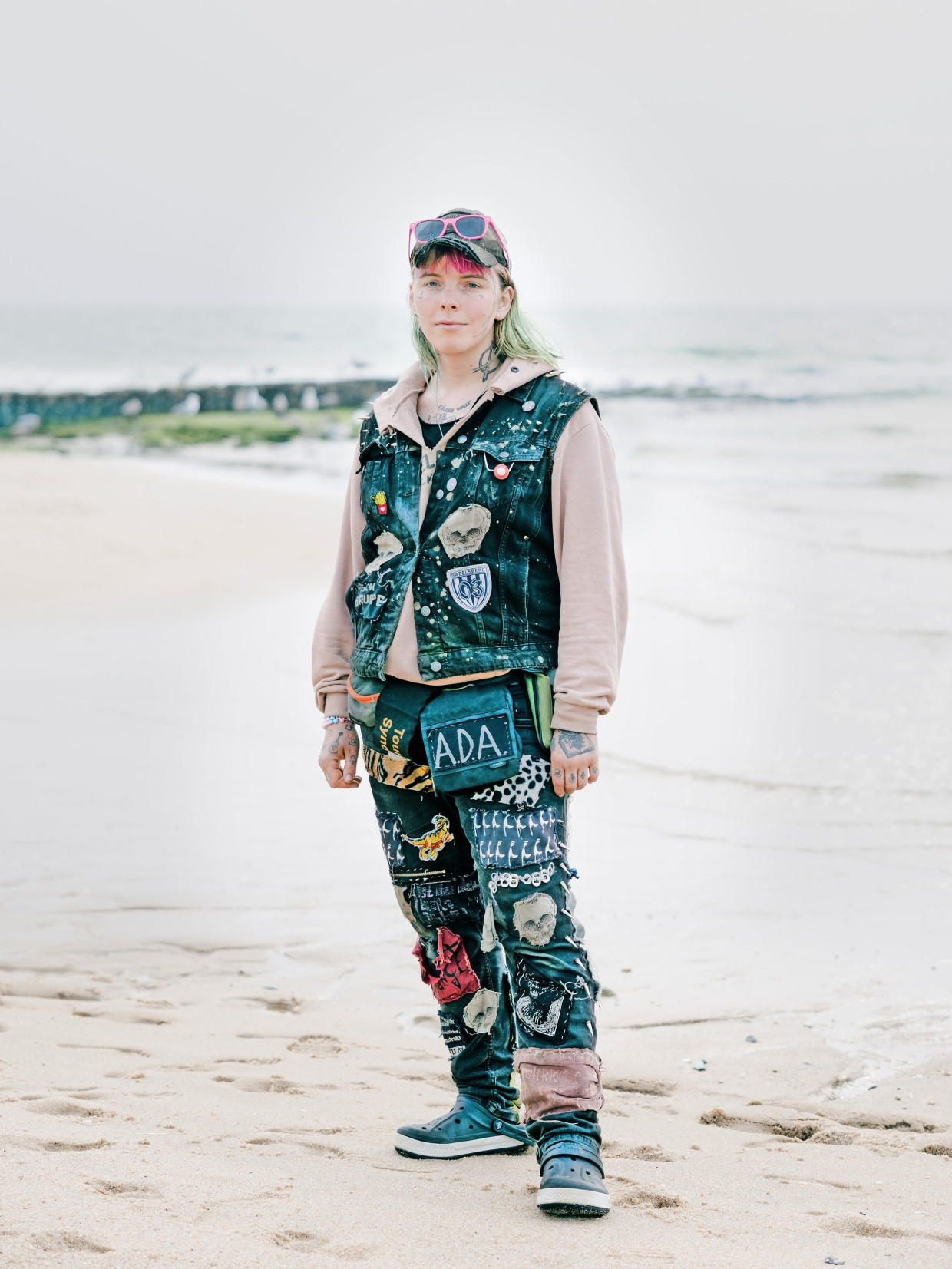
A couple turns their beach chair towards the punks to see exactly who is disturbing their vacation. “Nonsense,” says the woman. “I'd bet that nobody here owns a yacht. Why aren't they in Kampen?” “They're drunk,” says the man. “They can't think straight anymore.” The couple has been going to Sylt for 14 years. “We don't need anything like that here,” they agree. The rental for the beach chair with the number 3403 costs them 16 euros a day.
Punks like to present themselves as “antisocial,” Faulenza says. The term was used by the National Socialists to denigrate social minorities. The fact that they also describe themselves as such is a form of self-empowerment. Punks publicly play on prejudices, she explains. To show: “We are much worse than you think.”
The street musician wrote the unofficial anthem of the island punks, “Chaostage Sylt”. “We enjoy annoying the people who treat us badly,” says Faulenza.
Her songs have a clear message for anarchy and against capitalism. For her, the island of Sylt is a symbol of a classist society. The punks' message is: “We are just as much a part of society as you are.” The punks really like it on the island now. “We're on holiday here.” She pulls up her right trouser leg. She has a tattoo of the outline of the island on her shin. “Many of us have Sylt tattoos now.”








